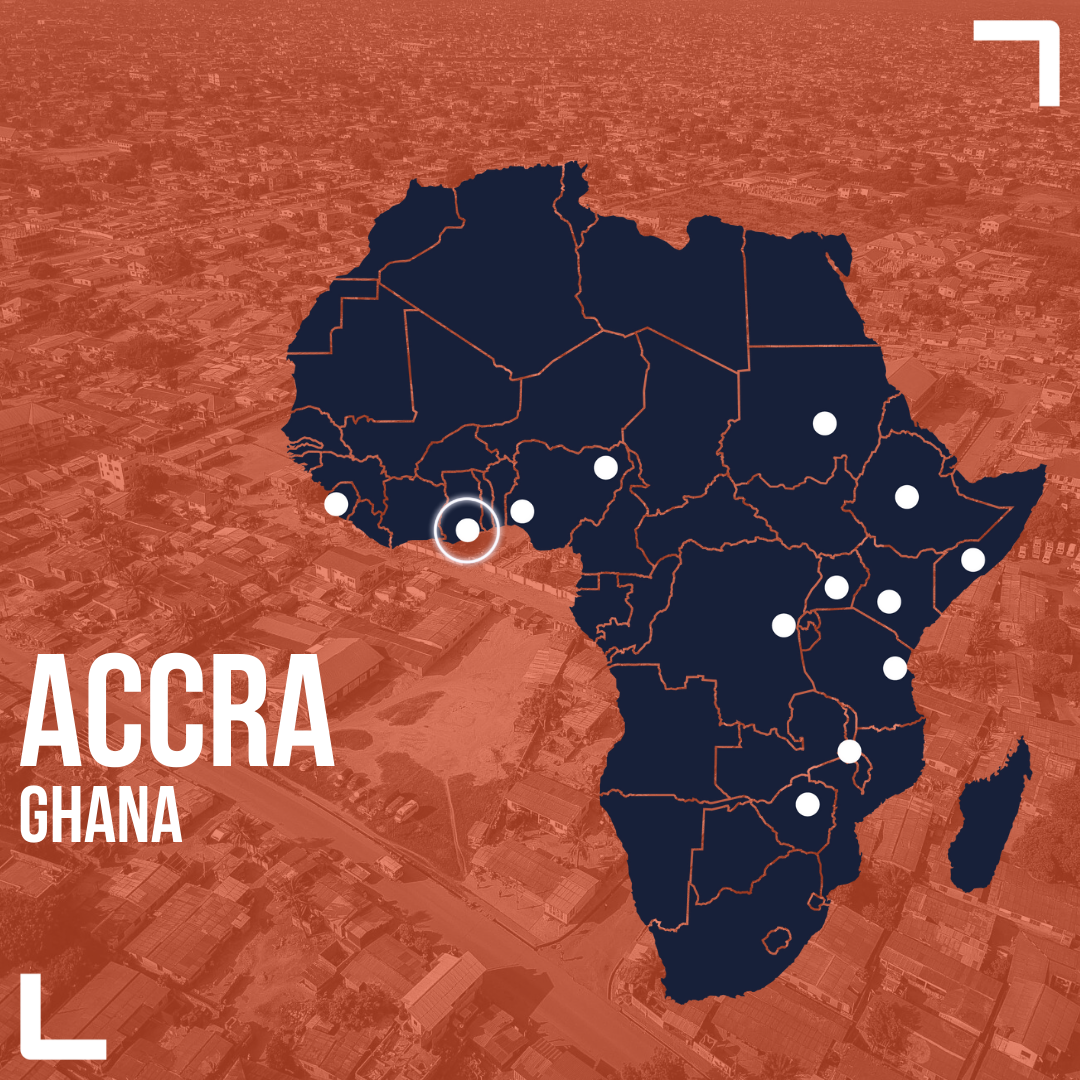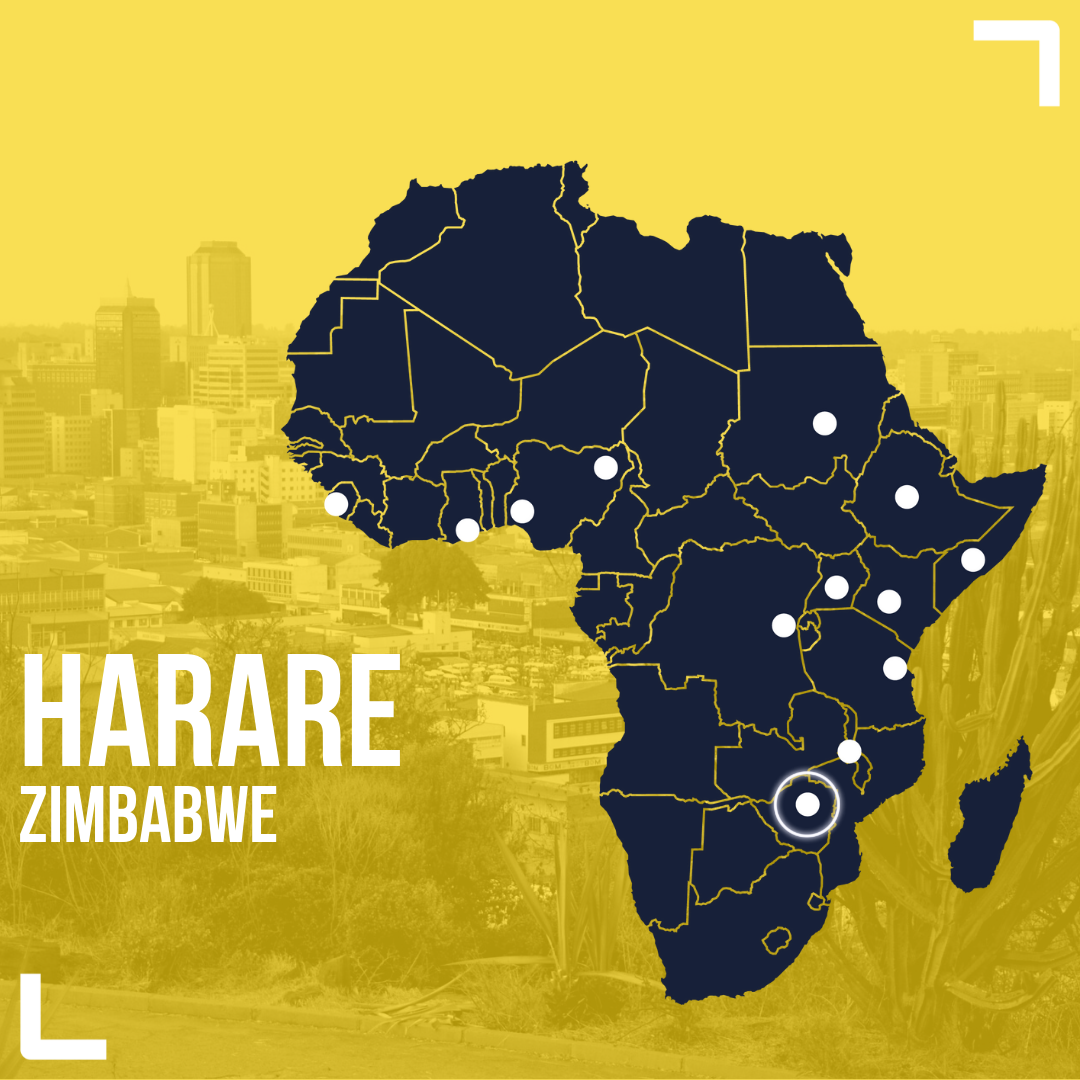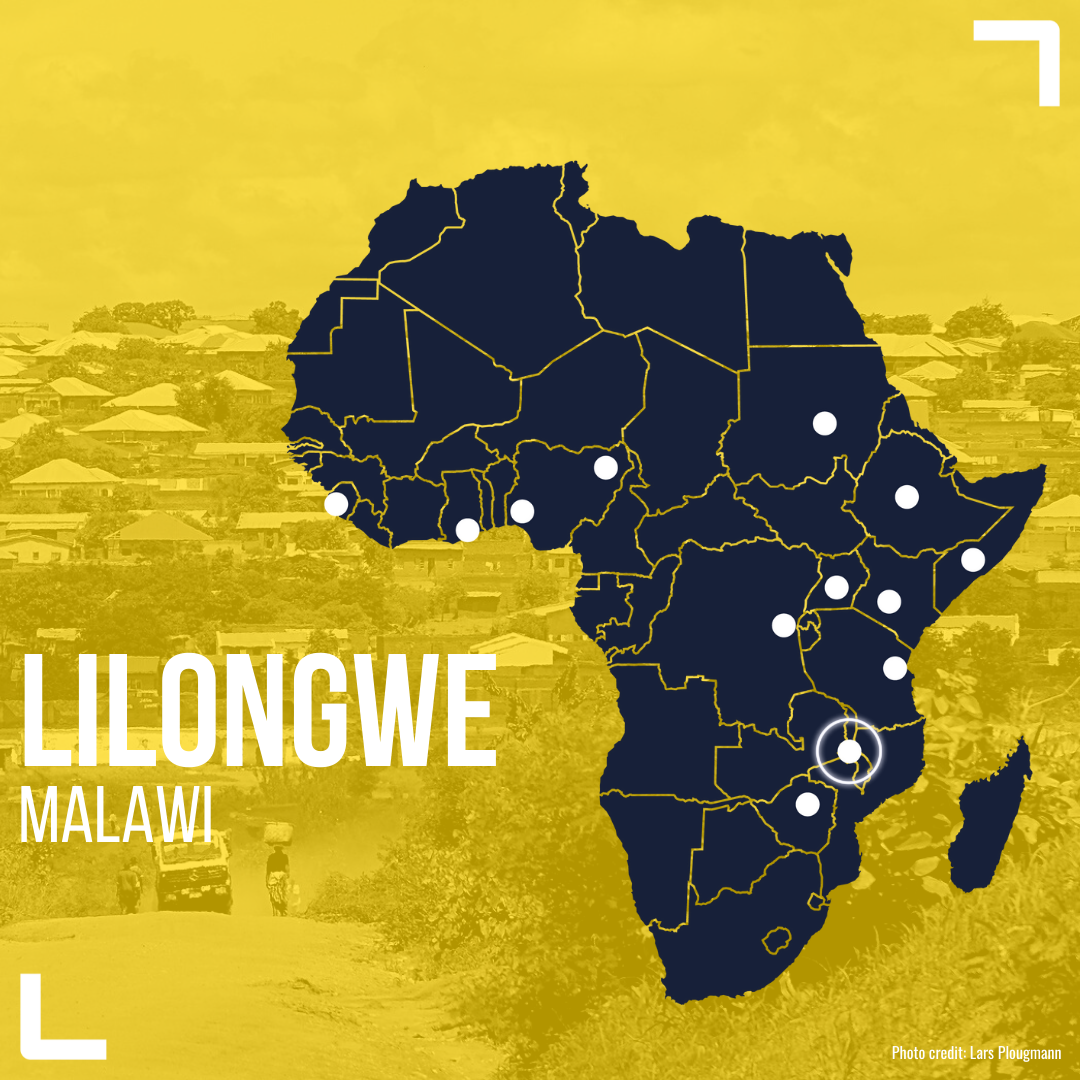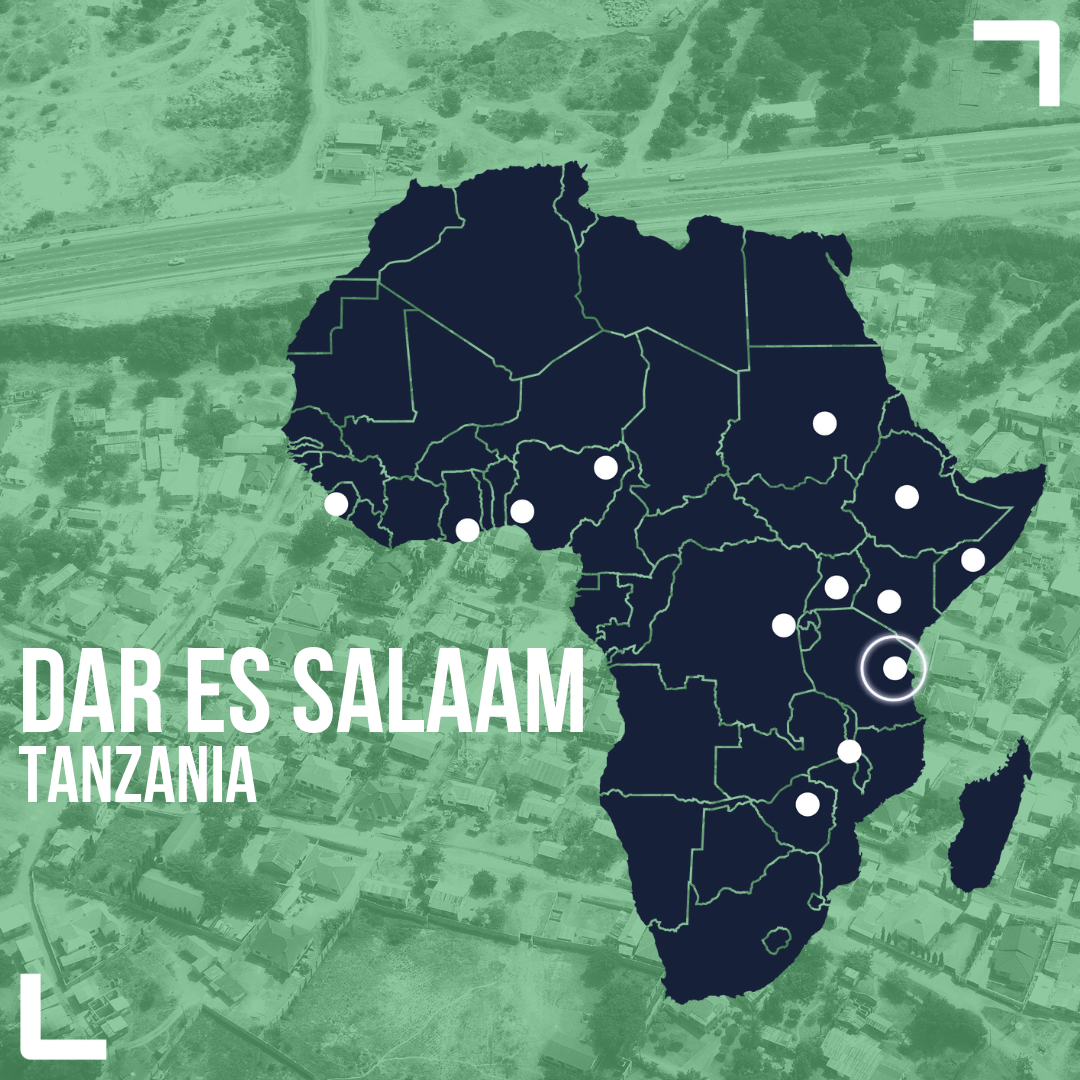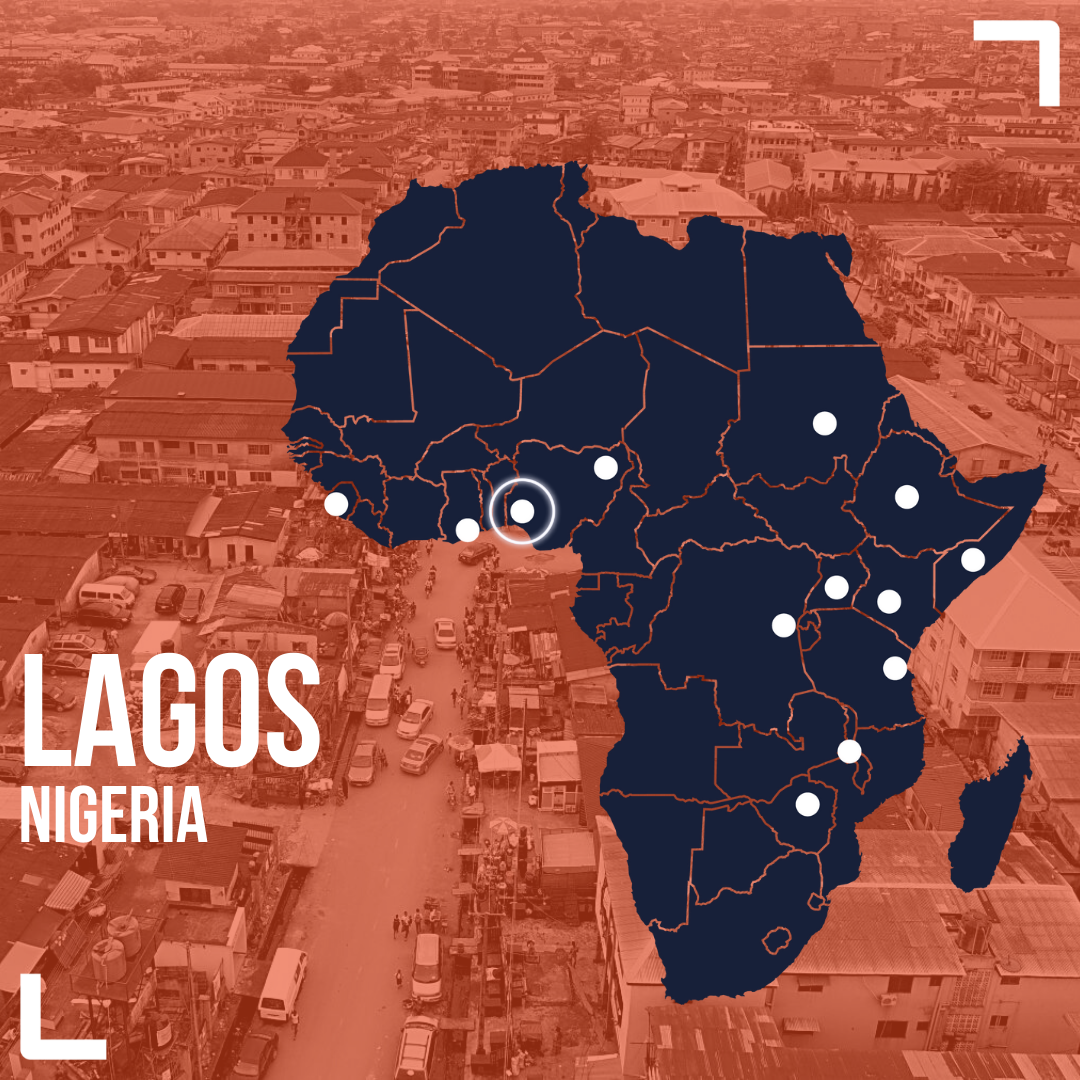Neighbourhood and district economic development
The majority of African urban residents live and work in informal settlements, engaged in small-scale, often home-based economic activities. Earnings from these activities are typically low and precarious, with informal moneylenders providing vital services to residents, but usually on exploitative terms.
Some residents work beyond their neighbourhood, through their own microenterprises or employed by larger businesses, which tend to be more stable, regularised and with better established markets. However, due to unreliable infrastructure services and limited benefits of co-location in African cities, there are few such firms, so their contribution to poverty reduction and structural transformation is limited.
Looking through ACRC’s political economy lens, neighbourhood and district economic development reflects the distribution of economic and land rent in the local economy. City systems need to be mobilised so that enterprises can function smoothly. The living standards of the urban poor in these neighbourhoods could therefore be improved by strengthening city economies, generating “decent work” opportunities and boosting entrepreneurial skills. This involves a wide range of key actors, including economic development agencies, business/trade associations, informal business networks, trade unions and other labour organisations, and local politicians.
Within the neighbourhood and district economic development domain, we are focusing on the following cities:
LATEST NEWS from ACRC
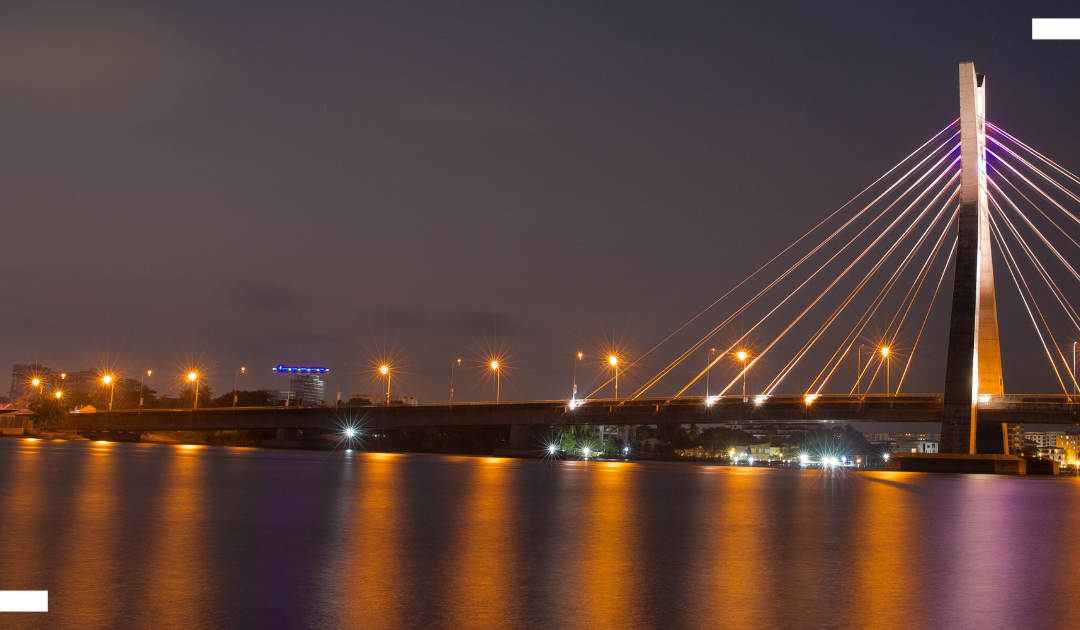
Streetlights in Lagos can boost safety and grow the economy – why not everyone benefits
Streetlighting plays a crucial role in public safety and security, and it promotes inclusive social and economic development by boosting local commerce, street businesses and community engagement.

In the shadow of Nairobi’s expansion: From peasants to paupers
In a new open access book, Peasants to Paupers: Land, Class and Kinship in Central Kenya, Peter Lockwood – former Hallsworth Fellow at The University of Manchester and now a postdoctoral researcher at the University of Goettingen – tells the human stories behind Kenya’s rapid urban expansion and the families being left behind.
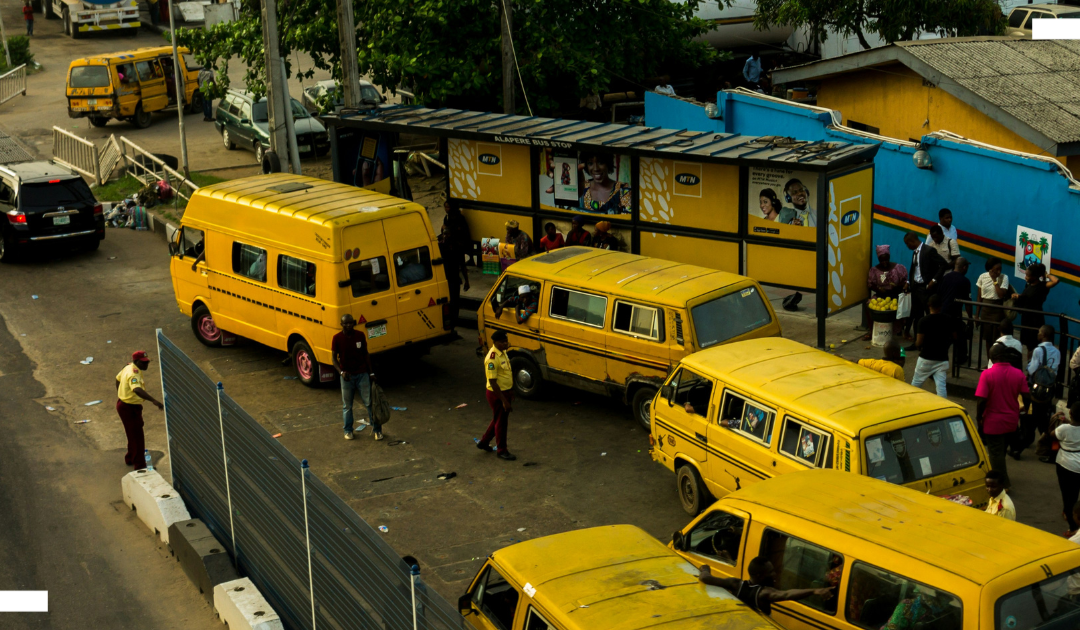
Crime-fighting in Lagos: Community watch groups are the preferred choice for residents, but they carry risks
Criminal activities have developed into a security crisis in Nigeria. Alongside the responses of security agencies such as the police and military, there has been a huge local response, with community groups mobilising in the face of criminal attacks.

